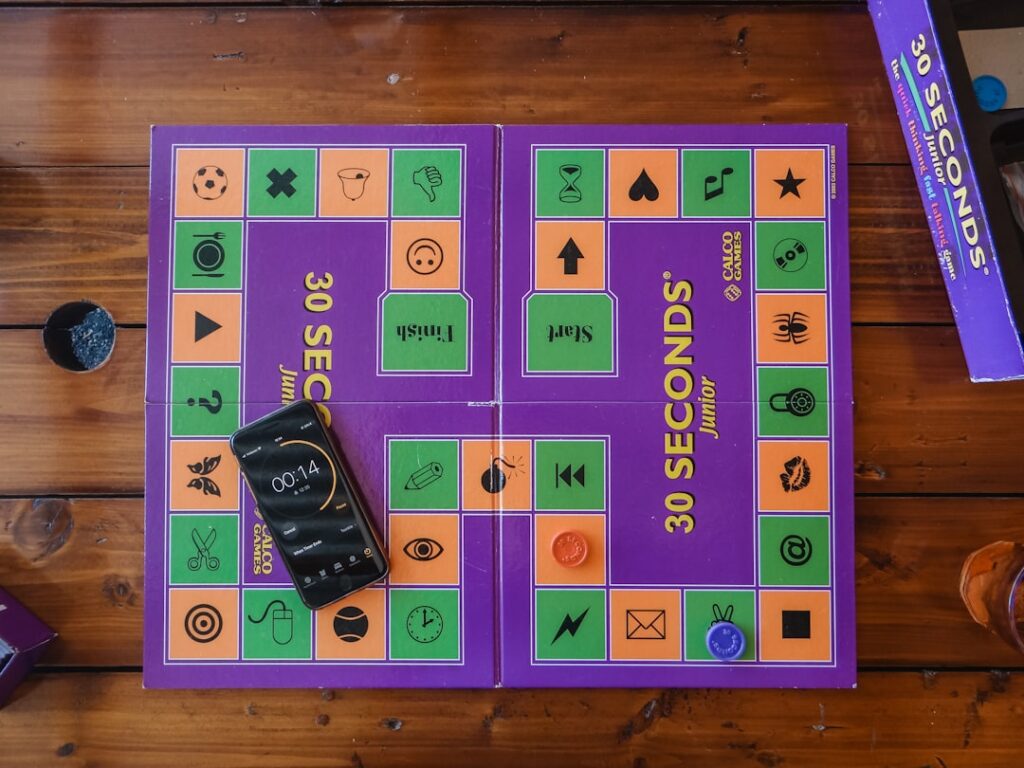Setting clear goals and priorities is crucial for effective time management. Without a well-defined understanding of objectives, individuals may become distracted and allocate time inefficiently. When establishing goals, it is advisable to follow the SMART criteria: Specific, Measurable, Achievable, Relevant, and Time-bound.
This approach enhances focus and motivation while working towards desired outcomes. Prioritizing tasks is equally important in managing time effectively. By identifying the most critical and urgent activities, individuals can allocate their resources to tasks that will have the greatest impact on overall objectives.
The Eisenhower Matrix is a useful tool for categorizing tasks based on their urgency and importance, aiding in prioritization. Regular review and adjustment of goals and priorities are necessary as circumstances evolve. Flexibility and adaptability in approach are essential to ensure that efforts remain focused on the most important objectives at any given time.
Furthermore, communicating goals and priorities with colleagues or team members promotes alignment and prevents misunderstandings, leading to more effective time management across the organization.
Key Takeaways
- Setting clear goals and priorities is essential for staying focused and organized.
- Creating a time management plan helps in allocating time effectively and efficiently.
- Eliminating time-wasting activities can free up valuable time for more important tasks.
- Using technology to enhance productivity can streamline processes and improve efficiency.
- Delegating and outsourcing tasks can help in managing workload and increasing productivity.
- Managing distractions and interruptions is crucial for maintaining focus and productivity.
- Practicing self-care and taking time for reflection is important for overall well-being and productivity.
Creating a Time Management Plan
Setting Realistic Expectations
When creating a time management plan, it’s important to be realistic about how long tasks will take and to build in buffer time for unexpected interruptions or delays. It’s also helpful to prioritize your tasks and tackle the most important ones first, when your energy levels are highest.
Breaking Down Tasks
Another important aspect of creating a time management plan is to break down larger tasks into smaller, more manageable steps. This can help prevent feeling overwhelmed and make it easier to stay on track with your goals. Additionally, it’s important to set deadlines for each task to create a sense of urgency and accountability.
Reviewing and Adjusting
Finally, it’s important to regularly review and adjust your time management plan as needed. Circumstances change, and it’s important to be flexible and adaptable in your approach to managing your time effectively.
Eliminating Time-Wasting Activities

Eliminating time-wasting activities is crucial for maximizing productivity and making the most of your time. One effective way to do this is by identifying and eliminating distractions that can derail your focus and consume valuable time. This can include things like excessive social media use, unnecessary meetings, or multitasking, which can all eat into your productivity.
By minimizing these distractions, you can create a more focused work environment and make better use of your time. Another important aspect of eliminating time-wasting activities is learning to say no to tasks or commitments that do not align with your goals or priorities. It’s easy to get caught up in trying to please others or take on too much, but this can lead to spreading yourself too thin and not being able to dedicate enough time to the things that truly matter.
By learning to say no when necessary, you can protect your time and energy for the things that are most important to you. Additionally, it’s important to regularly assess how you are spending your time and identify any activities that are not contributing to your overall goals. By being mindful of how you spend your time, you can make better choices about where to allocate your energy and focus.
Using Technology to Enhance Productivity
| Technology | Productivity Enhancement |
|---|---|
| Cloud Computing | Allows for remote access to files and collaboration |
| Project Management Software | Helps in organizing tasks and tracking progress |
| Communication Tools | Facilitates quick and efficient communication among team members |
| Automation Software | Reduces manual tasks and increases efficiency |
Using technology to enhance productivity can be a game-changer when it comes to managing your time effectively. There are countless tools and apps available that can help streamline tasks, automate processes, and improve efficiency. For example, project management tools like Trello or Asana can help you organize tasks, collaborate with team members, and track progress on projects.
Additionally, communication tools like Slack or Microsoft Teams can help streamline communication and reduce the need for lengthy email chains or unnecessary meetings. Another way technology can enhance productivity is by automating repetitive tasks or creating workflows that streamline processes. For example, email filters and canned responses can help manage incoming messages more efficiently, while scheduling tools can automate appointment booking and reminders.
By leveraging technology in this way, you can free up more time for high-value activities and reduce the time spent on mundane tasks. It’s also important to regularly assess the technology tools you are using and make sure they are still serving their purpose. As technology evolves, new tools become available that may better suit your needs, so it’s important to stay informed about the latest advancements in productivity technology.
Delegating and Outsourcing Tasks
Delegating and outsourcing tasks is an important strategy for managing your time effectively, especially when faced with a heavy workload or tasks that are outside of your expertise. Delegating tasks to colleagues or team members can help distribute the workload more evenly and ensure that everyone is working on tasks that align with their strengths and skills. This can also help foster a sense of teamwork and collaboration within the organization.
Outsourcing tasks to external contractors or service providers is another effective way to free up more time for high-value activities. For example, hiring a virtual assistant to manage administrative tasks or a freelance graphic designer to create marketing materials can help you focus on the core aspects of your work that require your expertise. By delegating or outsourcing tasks in this way, you can ensure that you are making the most of your time and focusing on the activities that will have the greatest impact on your overall goals.
Managing Distractions and Interruptions

Practicing Self-Care and Time for Reflection
Practicing self-care and making time for reflection is essential for maintaining overall well-being and preventing burnout. It’s important to prioritize activities that help recharge your energy levels, such as exercise, meditation, or spending time with loved ones. By taking care of your physical and mental health, you can ensure that you have the energy and focus needed to manage your time effectively.
Making time for reflection is also crucial for evaluating how you are spending your time and identifying areas for improvement. This can include things like journaling about your daily activities, setting aside time for regular self-assessment, or seeking feedback from colleagues or mentors. By reflecting on how you are managing your time, you can identify any patterns or habits that may be hindering your productivity and make adjustments as needed.
In conclusion, effective time management is essential for maximizing productivity and achieving your goals. By setting clear goals and priorities, creating a time management plan, eliminating time-wasting activities, using technology to enhance productivity, delegating and outsourcing tasks, managing distractions and interruptions, and practicing self-care and reflection, you can make the most of your time and achieve greater success in both your personal and professional life.
If you’re looking for some stylish and practical accessories to help you stay organized and on top of your time management game, check out the Handmade Bag Shop. Their collection of handcrafted bags and organizers are perfect for keeping all your essentials in one place, so you can focus on maximizing your productivity. Take a look at their website here for some inspiration on how to elevate your time management techniques with the right tools.
FAQs
What are time management techniques?
Time management techniques are strategies and tools used to effectively manage and prioritize tasks and activities in order to make the most of one’s time.
Why are time management techniques important?
Time management techniques are important because they help individuals to be more productive, reduce stress, and achieve their goals in a more efficient manner.
What are some common time management techniques?
Some common time management techniques include creating to-do lists, prioritizing tasks, setting goals, using time blocking, delegating tasks, and minimizing distractions.
How can time management techniques improve productivity?
Time management techniques can improve productivity by helping individuals to focus on important tasks, avoid procrastination, and make better use of their time.
Are there different time management techniques for different types of tasks?
Yes, there are different time management techniques that can be applied to different types of tasks, such as using the Pomodoro Technique for focused work, and using the Eisenhower Matrix for prioritizing tasks.
Can time management techniques help reduce stress?
Yes, time management techniques can help reduce stress by providing a sense of control over one’s time and workload, and by helping individuals to better manage their responsibilities.





